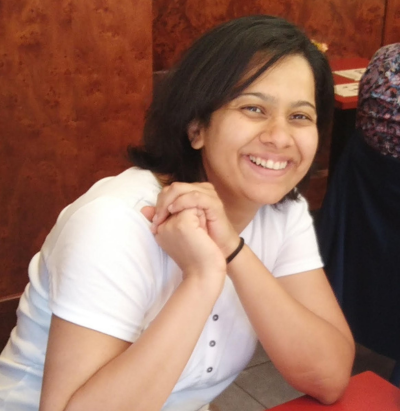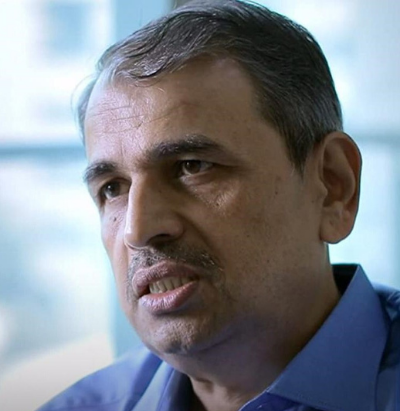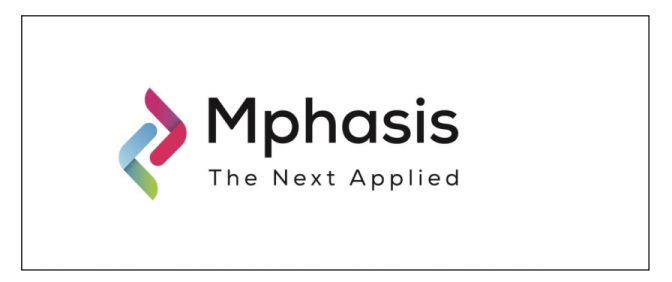Antimicrobial resistance (AMR)
Antimicrobial resistance (AMR) is a complex and interdisciplinary public health challenge at a global level.
7 lakh people lose their lives every year to a disease caused by antibiotic resistant pathogen and this number is projected to increase up to 1 crore by 2050 if we do not intervene. AMR is a silent ongoing pandemic that is threatening our healthcare systems.
We need more surveillance efforts, better diagnostic tools and new antibiotics to fight the AMR challenge.
Aims & long-term goal
- To map out spatio-temporal correlates of environmental AMR, in order to better understand AMR genesis, evolution and transmission
- To understand geoclimatic and clinical correlates of AMR and the temporal progression of resistance in India.
- To conduct translational research that is driven by extensive genomic studies that will enhance the scope of surveillance and facilitate the development of low- cost diagnostics and therapeutics.
- To build ML-based resistance predictions using the genomics data.
In the long term, we aim to build a strong collaborative initiative with hospitals, industries, public health workers, other research organizations and policy makers to fight the challenge of AMR in India. Such collaborative efforts will be crucial in designing efficient strategies for diagnosis as well as prevention and cure of diseases caused by resistant pathogens.
Importance of the Project
This project will build an extensive framework for AMR study and surveillance and connect the pathogen resistance information with the clinical, environmental and socio-economic factors.
With mounting genomic information of every pathogen, we can potentially predict the resistance patterns using ML/AI (machine learning/artificial intelligence). Such predictions can drive the clinical decisions in the future.
The waste-water based environmental surveillance vertical is funded by the Rockefeller foundation-funded pandemic prevention initiative, as part of the APSI collective (https://data.ccmb.res.in/apsi/)
What we do
AMR data base: We are building extensive AMR dataset from literature, tertiary care centers and the environment. Data consists of antibiotic susceptibility gene variants information, frequencies, clinical parameters like disease, age, gender etc. (retrospective arm).
Candidates for WGS: We are identifying the candidates for whole genome sequencing based on the prevalence and clinical importance (prospective arm)
Genomics: Using the WGS data we aim to identify molecular markers for effective surveillance, novel molecular mechanisms of resistance as well as potential targets for drugs.
Translation: We are collaborating with multiple partners to build low-cost surveillance platforms and diagnostic tools.
Outreach: We are collaborating with diverse outreach initiatives to communicate our findings with the clinicians, policy makers and citizens in a palatable, innovative format.
Novelty
As a part of the ’Centre for Health Analytics, Research & Trends’ (CHART) under Trivedi School of Biosciences, we tackle many aspects of the problem of AMR. We are working at the cutting edge of biology and data science. We aim to develop and test analytic frameworks that will assist in the AMR surveillance, diagnostics and therapeutics. The project is unique in its attempt to build nationwide collaborative mesh of academia, hospitals, industry and policy makers.
Our Collaborative Partners
Collaboration between Ashoka University and Max Healthcare aims to build a joint research program on genome as well as data analysis that will include AI, ML and deep learning of various genetic and life-style diseases.
Sahyadri Hospitals, a partner with Ashoka to initiate a joint research study for AMR analytics and genomics.
Noble hospital, Pune will also be contributing as a collaborative partner in the AMR project.
Interdisciplinary collaboration within Ashoka
A multidisciplinary team from diverse background are engaged in this project.

Research Faculty Fellow, Ashoka University
Ph.D. IISER, Pune

Faculty Fellow of Computer Science, Ashoka University
Ph.D. CSIR-Institute of Genomics & Integrative Biology, New Delhi

Project Lead, Centre for Bioinformatics & Computation Biology
Ph.D. Jaypee Institute of Information Technology University, Noida

Assistant Professor of Biology, Ashoka University
Ph.D. Indian Institute of Science, Bengaluru
Other team members
- Abha Tiwari: Project Manager
- Nazneen Gheewalla: Research Assistant
- Vasundhara Karthikeyan: Research Assistant
- Kiran Peter Jibu: Intern
Leadership

Visiting Professor of Biology (Honorary), Ashoka University
Ph.D. University of Cambridge

Dean, BioSciences and Health Research,
Trivedi School of Biosciences, Ashoka University
Head, Koita Center for Digital Health at Ashoka
MBBS, PhD, Diplomate American Board (Int Med, Pulm Dis, Crit Care)
Funding source
“With support from The Rockefeller Foundation, research institutes will be able to support MSMEs to manufacture high quality, yet low-cost molecular diagnostics that meet global standards and enable India to better contribute to the global Covid-19 response.” Prof. K Vijay Raghavan, Ex-Principal Scientific Advisor to the Government of India
Mphasis announced the partnership with Ashoka University in 2020. Being a first-of-its-kind collaboration in an interdisciplinary institution in India, multiple projects were initiated under the three pillars of Digitization and Society, Health Analytics and Dissemination.
With an aim to establish a legacy in supporting higher education in India and as per it’s Corporate Social Responsibility philosophy, Axis Bank got associated with Ashoka University to sponsor fellowship program in diverse educational arena.













